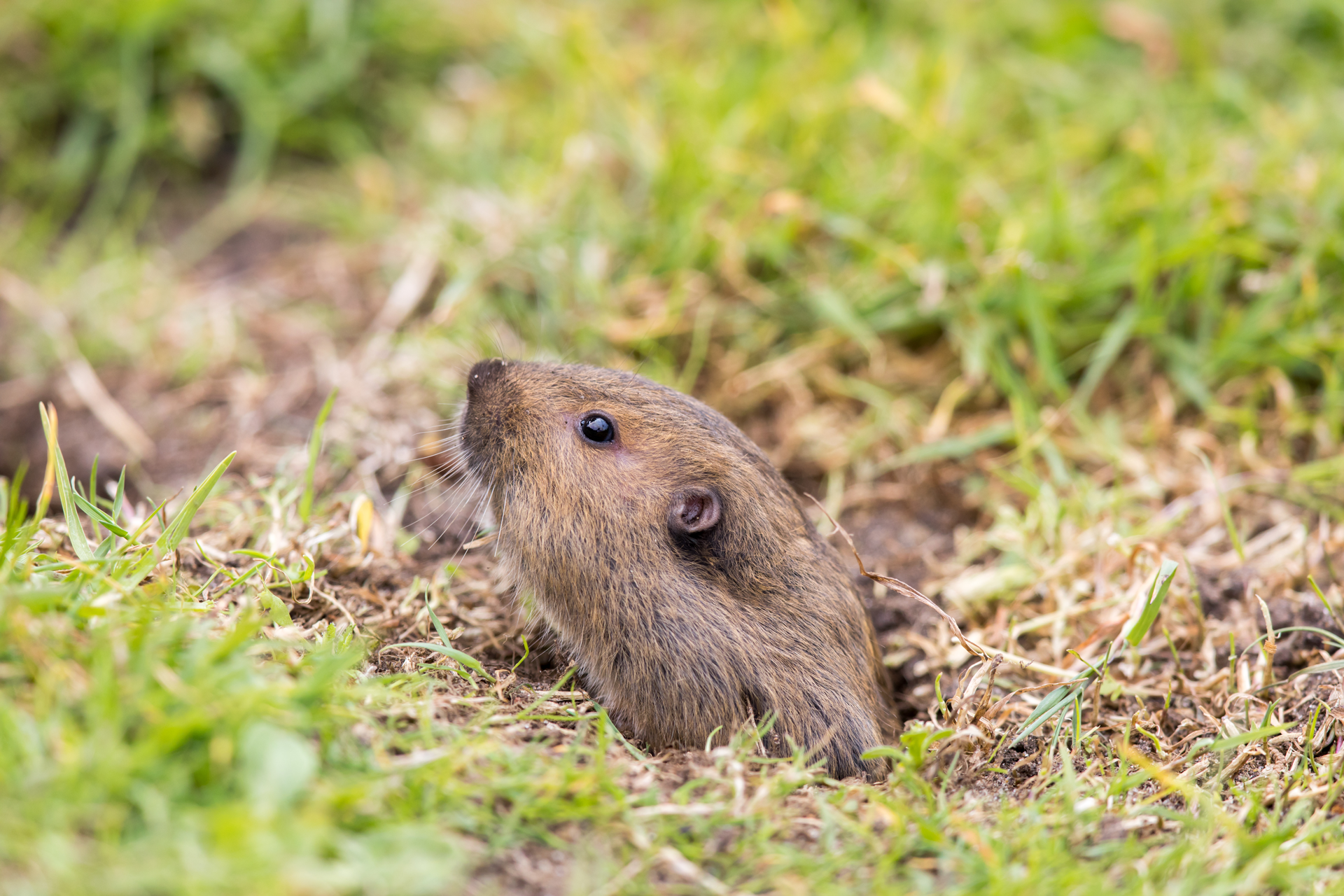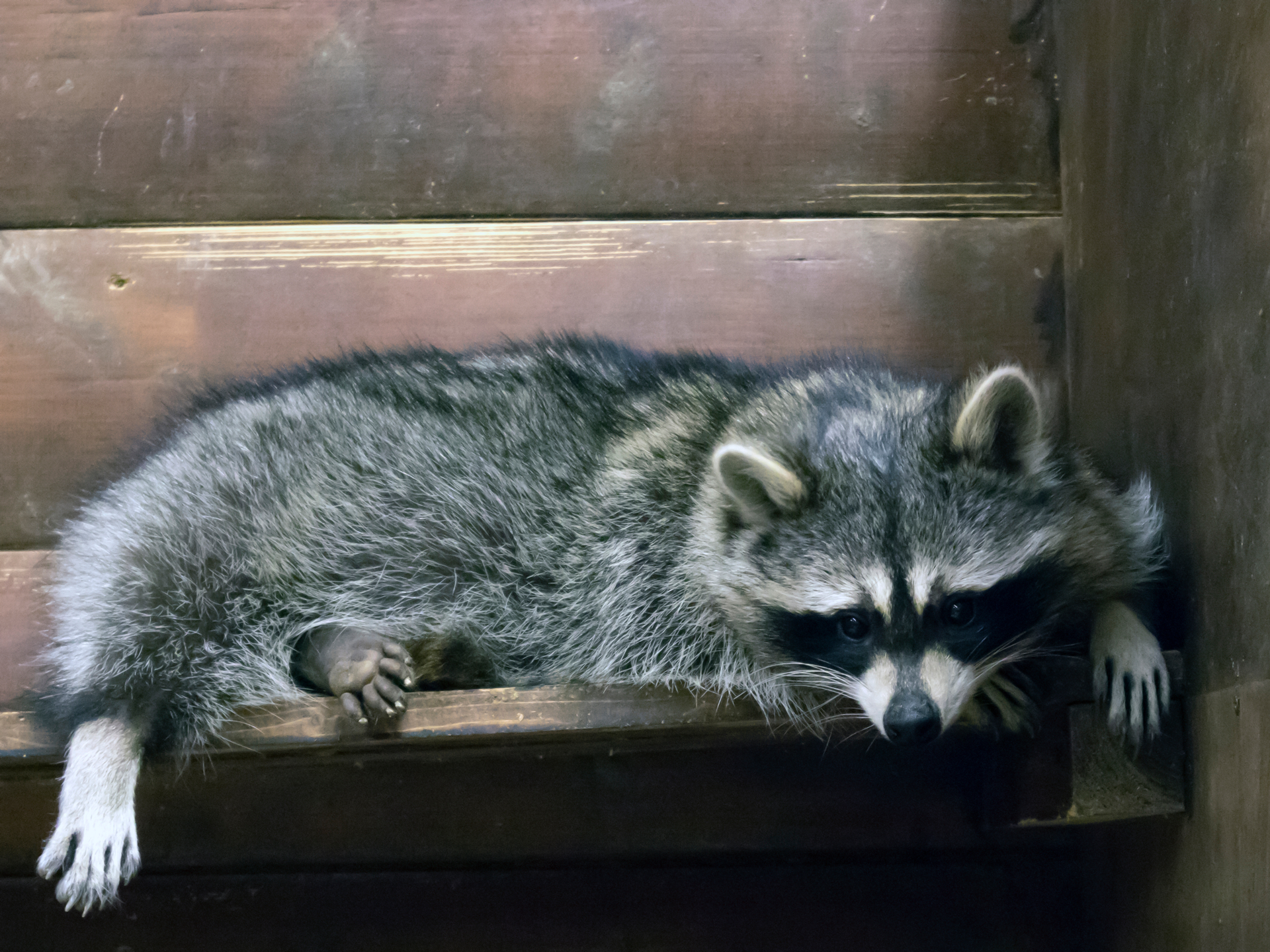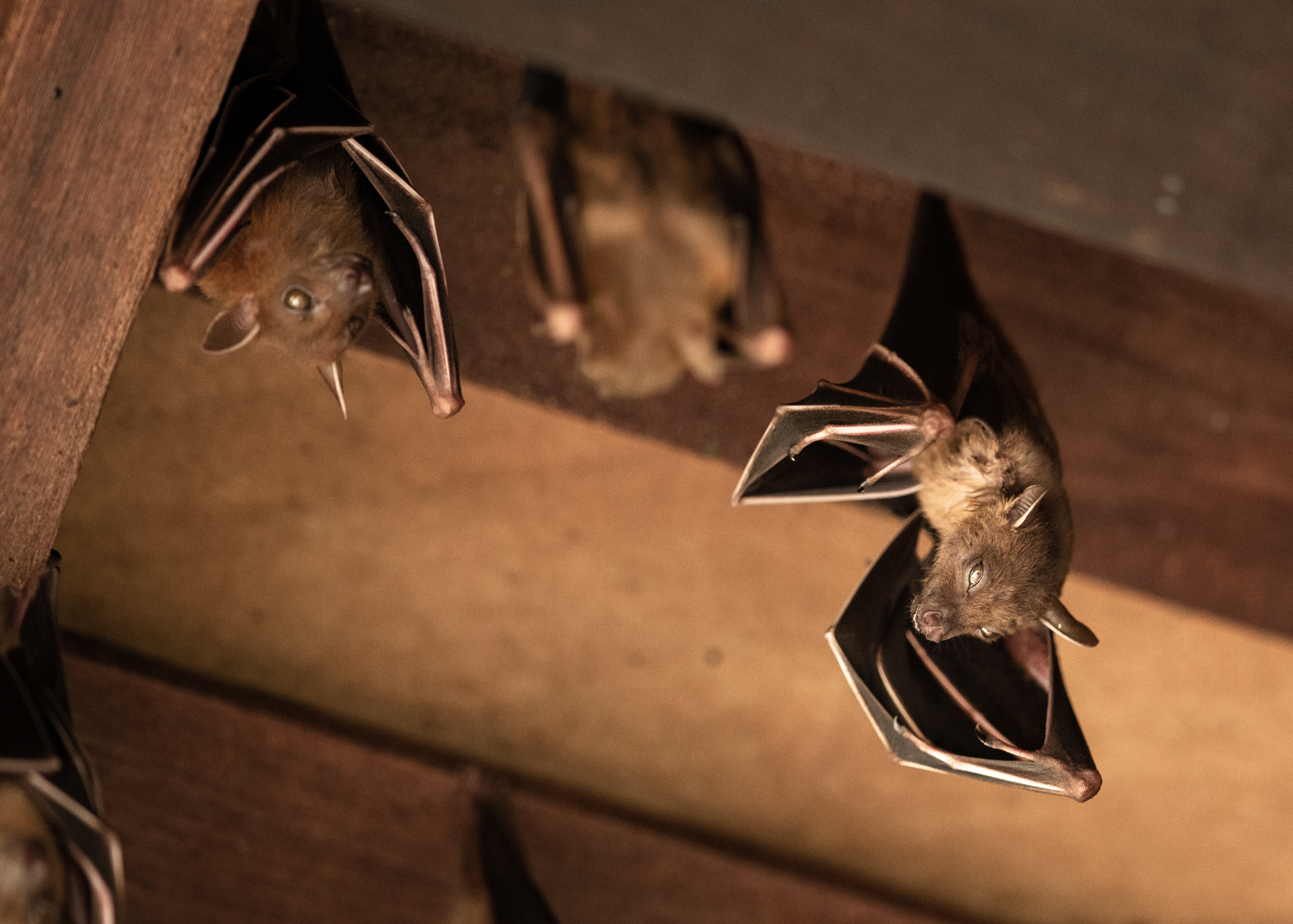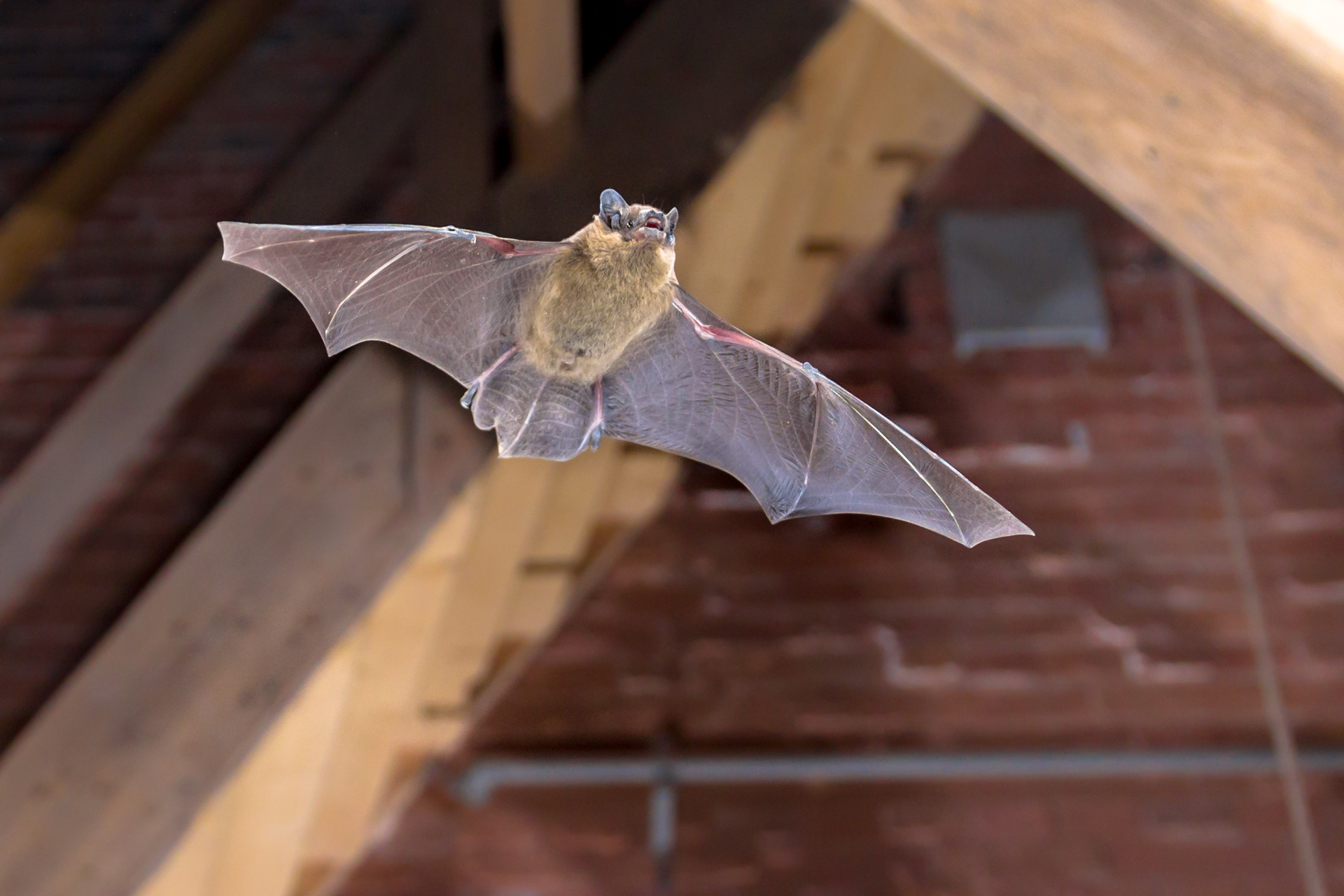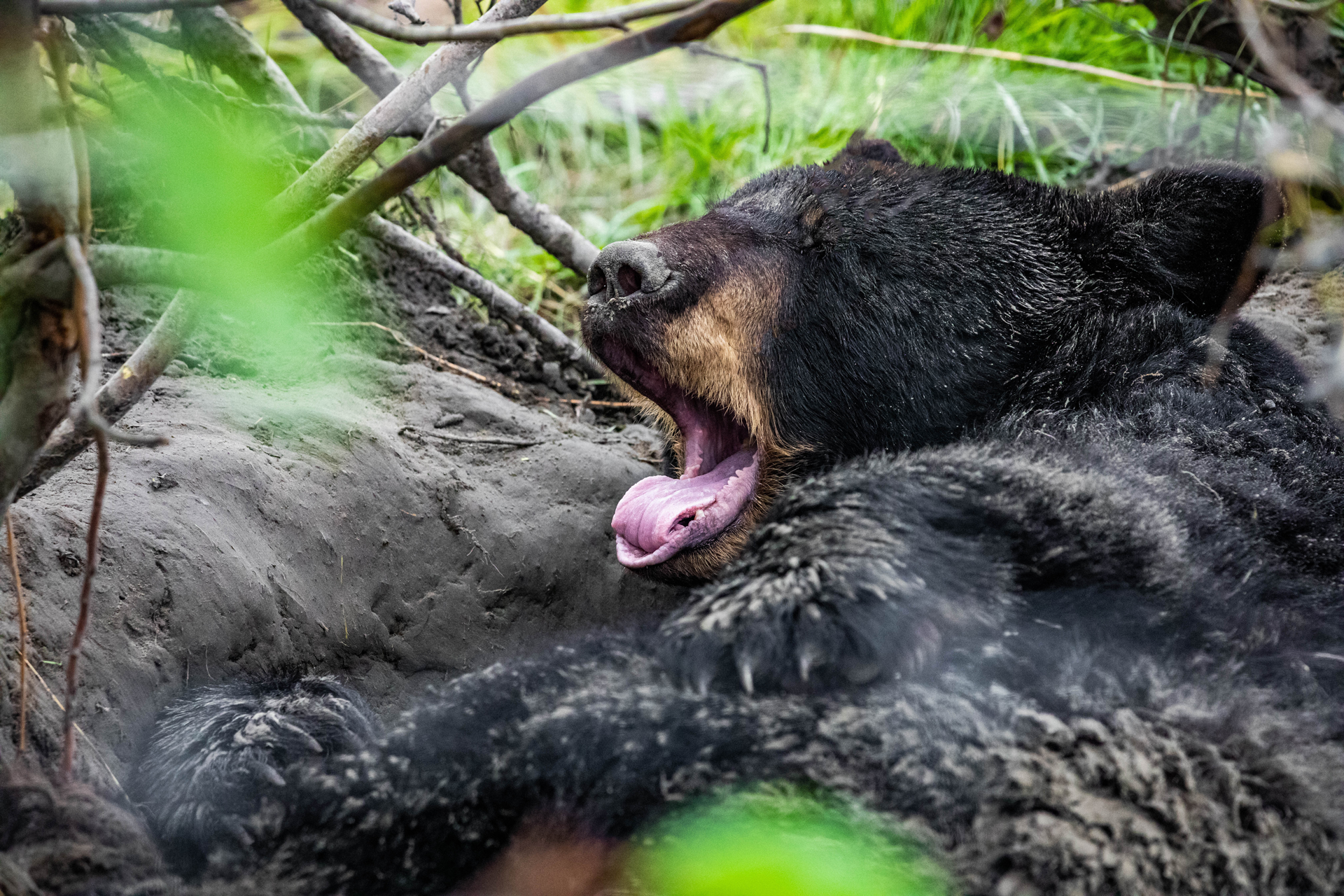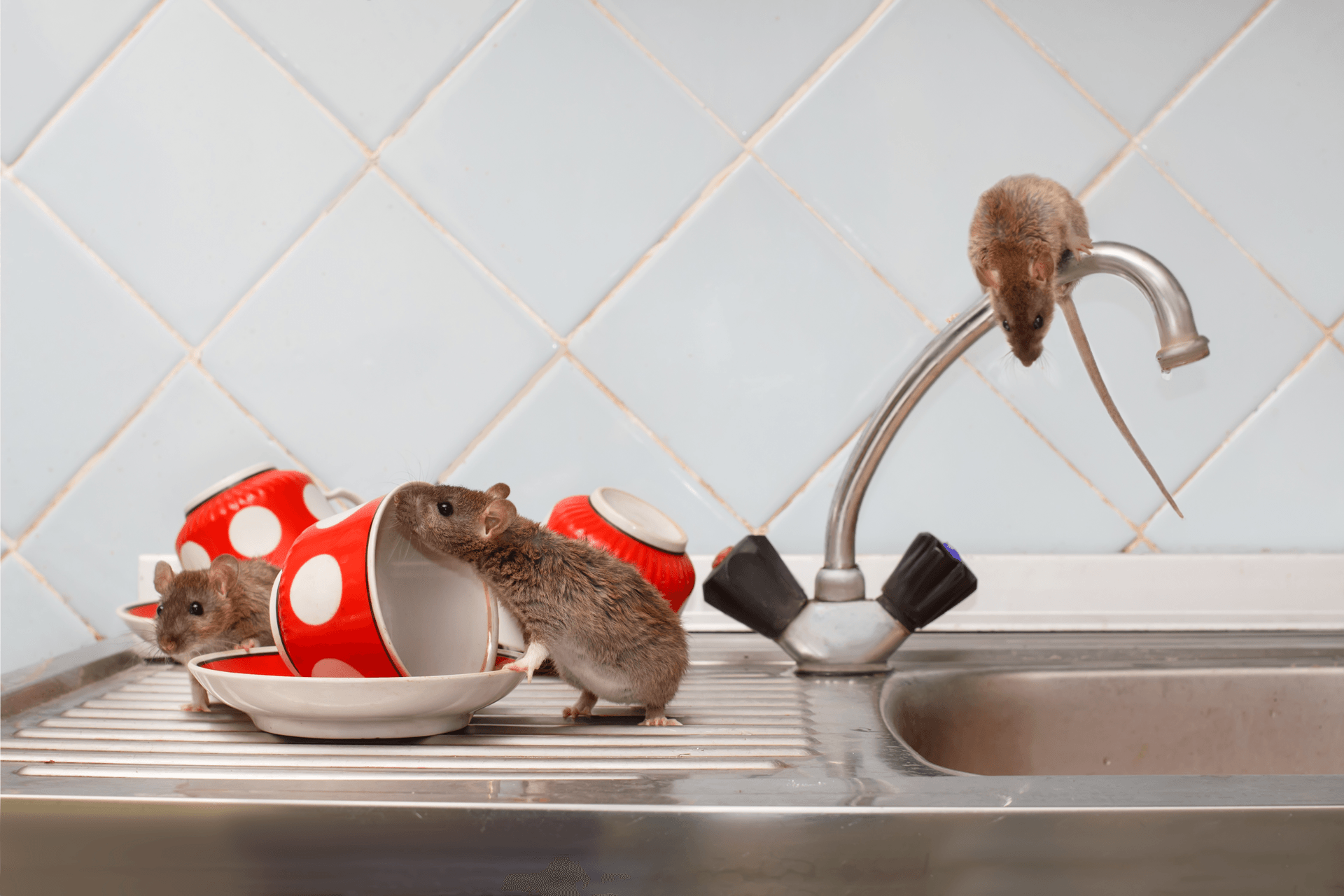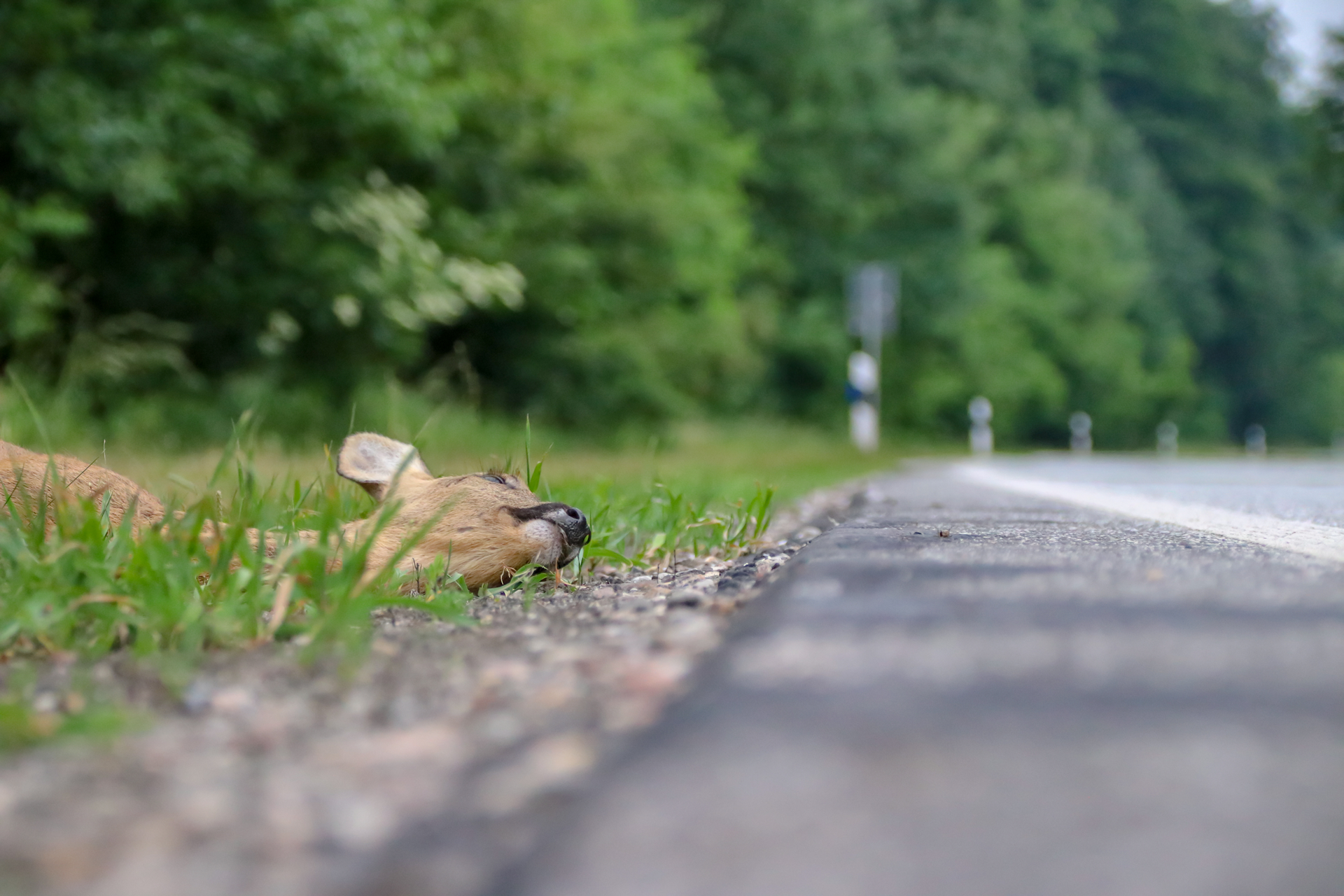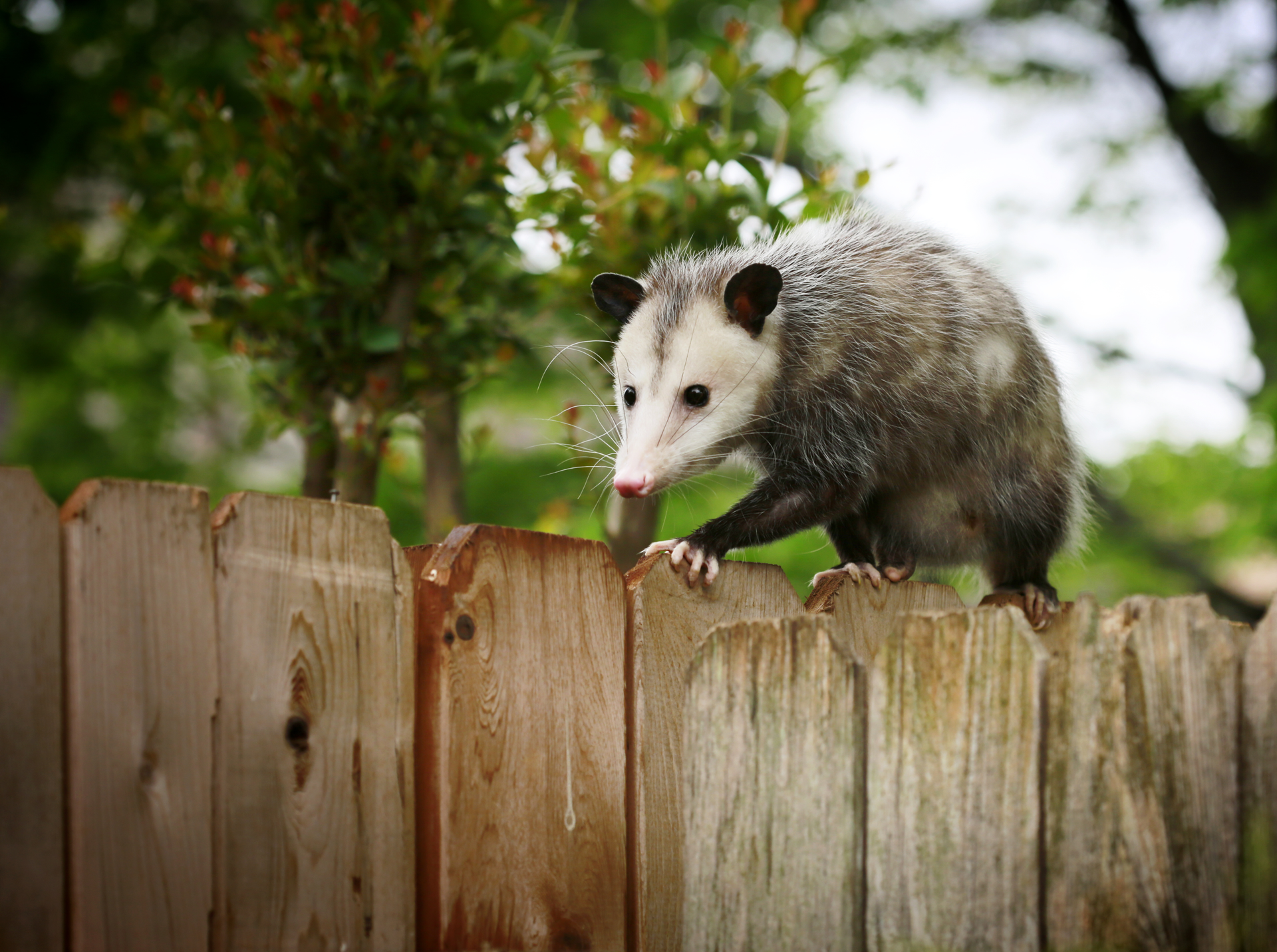If you raise a wild animal from a baby will it stay tame?
Will A Wild Animal Stay Tame?
At one point or another, many of us have looked at a baby lion, or tiger or bear (Oh, my) and thought, “Oh, I WANT ONE!” And if you added a tiny baby monkey into that mix, “I would be IN HEAVEN!” As happy as it might make you, that joy would only be temporary.
The fact is this; those cute, cuddly animals don’t stay little forever. They grow up fast and become critters that, without proper training and facilities, most of us likely are not capable of caring for properly. And regardless of what you think, Tony the Tiger isn’t going to give you a second thought if he gets hungry and you are looking like a snack. There is an example of one man who raised a tiger from a cub in his New York apartment, who honestly believed that the animal treated him as an equal. That was until the guy brought home a stray cat, and the tiger went wild, literally, and bit the man.
Oh yeah, the tiger was 425lbs. When animal control came to remove the big cat, they also found a five-foot alligator. So, even if you raise them from the youngest of babies, wild animals have a basic instinct that the love and care from you, in most cases, doesn’t override. Expecting to receive love in return from a wild animal can get you hurt.
Having a wild animal as a pet is a BAD idea for so many reasons. Living in captivity is not healthy for the animal, and many wild animals naturally carry hazardous diseases to humans, from rabies and distemper, salmonella, and parasites. In many states, you’ll break the law by keeping a wild animal, and only four states have no laws regarding keeping a dangerous wild animal as a pet, Wisconsin, Nevada, North Carolina, and Alabama.
If an animal is raised in captivity, most of us are ill-prepared concerning its necessary nutrient intake or provide it ample room to roam. In Buffalo, New York, a teenage boy kept a cougar cub in his basement. When animal control was finally called, the cub was crippled due to not receiving a diet high enough in calcium, causing its legs to deform.
Raising a wild animal as a domesticated pet can also cause what amounts to “social anxiety” in the animals. Because they do not have the opportunity to socialize with others of their species, the animal’s psychological needs are not being met. This can even cause them to become violent, as is often the case with domesticated monkeys. This lack of socialization is also a factor in why these animals cannot return to the wild.
What happens if these creatures find their way out to roam the streets? In Houston, TX, a tiger was found wandering a person’s yard. While the animal didn’t attack anyone, it certainly did give residents and authorities a scare. Then, in Ohio, a man released over 50 wild animals into the streets. The beasts were killed to ensure the safety of the residents.
What normally doesn’t enter into the minds of most is that the wild animal you thought was abandoned in the park or the forest may not need saving. Chances are, it will be okay right where you found it. Many animal mothers leave their young alone while out looking for food as a way to keep predators away.
In addition to the bigger wild animals, people also try to domesticate smaller wild animals without understanding entirely what goes into caring for them. A book bought at the local pet store can build a false sense of security. One common animal that falls into this category is the adorable sugar glider. Sugar gliders can carry disease in their fecal matter, and if you don’t watch their diet, they can quickly become overweight, which causes health issues. Also, sugar gliders are social animals, and they do not do well living without a mate to keep them company, resulting in anxiety and sometimes self-mutilation.
If you find yourself in over your head with a pet wild animal and you need it to find a way home, you should give us a call at Natural State Wildlife and let us help you try and get the animal back to its natural environment. We want to do our part in keeping the rich animal wildlife tapestry of Arkansas a beautiful part of our state’s culture. Also, keep us in mind if you have a wild animal issue at your home, business, commercial or agricultural property. We are the most trusted wildlife removal service in Arkansas.

